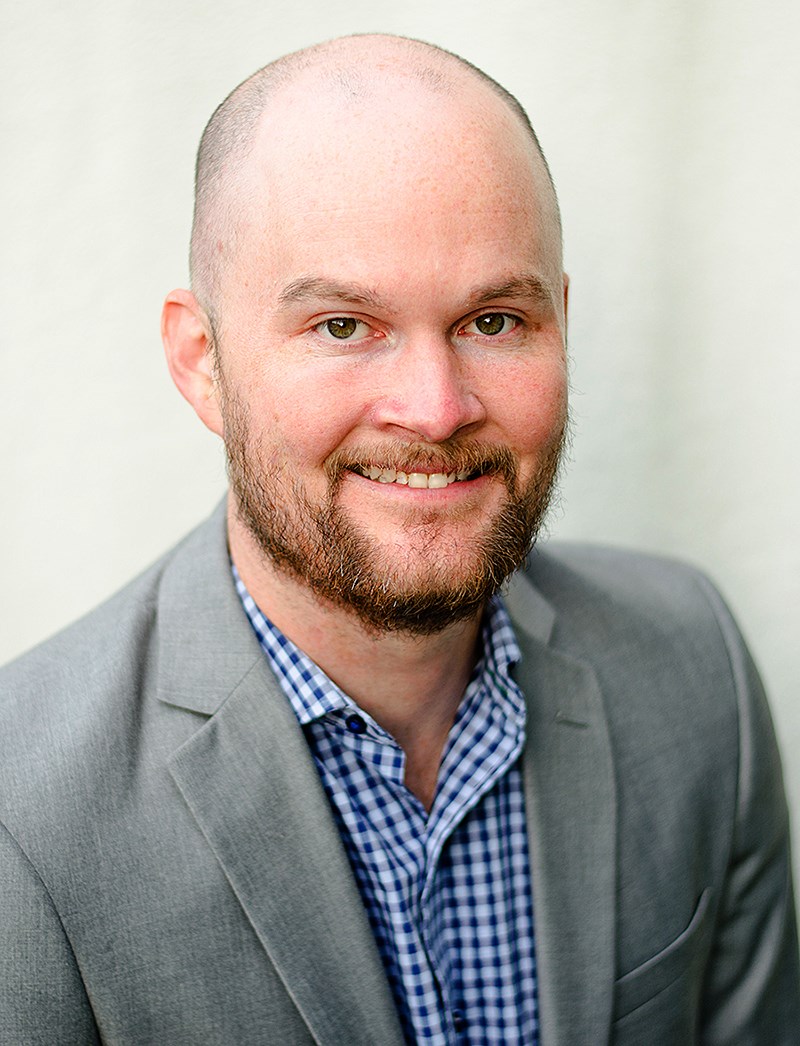I watched helplessly as the fire crept across the roof towards my Glen Drive apartment. The couple beside me hugged each other tightly as the relentless flames engulfed their home.
A young woman burst into tears, fearing for her cat that was still inside (I heard later it didn’t survive). Activity swirled around me as emergency crews, media, victim services workers and onlookers formed a temporary community. My family stood beside me.
I felt numb and tried to comprehend the scale of the potential loss of my home and feeling powerless to protect the items that were at risk, including my laptop, pictures and eccentric collectables.
As I watched, my roof collapsed.
The fire eventually destroyed everything inside, with the exception of a few particulate-covered and sodden items salvaged several weeks later, notably my Geordi LaForge decorator plate, wine barrel shelf, sports jerseys and golf clubs.
I didn’t sleep well that night as my mind continued to race. The next day was the most challenging as I felt mentally and physically exhausted. I was more emotional than usual, not as much due to the loss of my home but from the outpouring of support and kind words I was receiving. I took the day off and felt more at ease after stopping by Como Lake and sitting calmly for about an hour.
I began to put my situation into perspective and to reframe my “would’ve, could’ve, should’ve” thinking. I realized how fortunate I was, as a therapist, to meet with incredibly resilient people who have experienced unimaginable hardship and trauma. If they could get through and cope with their circumstances, I could deal with this. I fed off of their strength.
“Stuff is stuff,” I told myself. “It can be replaced. Life goes on.” I pondered how the situation could have been way worse.
I also chose to focus on the incredible response from family, friends, colleagues and the Coquitlam community. A profound thank you is extended to everyone who responded to this situation with kindness, compassion and generosity. It made all the difference.
It’s not necessarily the situation itself but one’s perception of the situation that leads to how traumatizing it will be for the individual. Everybody reacts differently to a loss and that’s OK. Here are a few ideas that can be helpful if you experience a similar circumstance in your life:
• Take time to grieve the loss. Talk or write about your emotions.
• Reach out for and accept support if you require it.
• Keep your routine intact. Focus on the essentials: sleep, nutrition, exercise and connecting with positive people.
• Incorporate strategies to boost well-being, including: breathing exercises, meditation, writing, yoga, mantras, guided imagery, gratitude exercise, connecting with nature, volunteering, etc.
• Try not to dwell on the past or future. Redirect your attention back to the present moment or focus on the positives — and there are always positives, no matter how small they may seem.
• Adopt an action-oriented mindset. If something can be done to improve the situation, set some goals and start to work towards them.
If the intense emotions and thoughts persist and impact your ability to engage in life, consider connecting with a clinical counsellor, psychologist or other mental health professional.



